Description
After finishing the STATION TO STATION tour in 1976, Bowie probably went through the toughest and most fulfilling period of his musical life. This is because Bowie’s drug addiction reached a severe level, and he decided to undergo rehabilitation in a foreign land. That was Berlin. This was the beginning of Bowie’s Berlin era. At a time when the Cold War was still raging, Bowie found himself on the front lines of the Cold War, which had been divided into East and West. In parallel with his drug addiction rehabilitation, he also began working on a new album. Aside from Bowie’s mental state, his time in Berlin was musically very fruitful. Brian Eno was chosen as Bowie’s musical partner during this period. Eno was originally a musician specializing in avant-garde contemporary music and environmental music, and while it may seem like they have something in common with Bowie, it’s strange because this fusion creates a masterpiece. Three albums were jointly recorded by Bowie and Eno, “Low”, “Eroic Dream Talker”, and “The Tenant”, collectively known as the Berlin Trilogy. All of these albums are considered masterpieces, and the first two in particular can be called Bowie’s masterpieces. “Low” is half an instrumental song that strongly reflects the influence of Eno, and is far from the traditional image of Bowie, but the profound and deep atmosphere that covers the entire album is a perfect match for Bowie’s songs. They have been successful in achieving great results. The fact that he dared to hit songs like this in the era when punk was at its peak shows Bowie’s attitude of not simply pandering to the times. The following “Eiyu Yumekatari” is influenced by German rock, but like the previous work, instrumental songs that reflect Eno’s taste play an important role, although the proportion has decreased. The title song “Heroes” has been sung as Bowie’s signature song, and “Moss Garden” is also an unforgettable song for Japanese people. Furthermore, the famous album jacket with a hand held over the forehead was created by Japanese photographer Masayoshi Sukita. Bowie went on tour after releasing these two albums, commonly referred to as the Berlin Trilogy due to his collaboration with Eno. That is the so-called Law & Heroes Tour entitled THE ISOLAR II. A total of 77 performances were scheduled, starting in San Diego on March 29, 1978, touring the United States, Europe, and Oceania, and concluding in Japan. This work includes the Osaka Welfare Pension Hall performance, which was held for two consecutive days on December 6th and 7th, 1978, from the tour’s final stop in Japan. The tour dates for the Japan tour are as follows. December 6, 1978 Osaka Welfare Pension Hall December 7, 1978 Osaka Welfare Pension Hall December 9, 1978 Osaka Expo Hall December 11, 1978 Tokyo Nippon Budokan December 12, 1978 Tokyo NHK Hall Budokan Ichi It is interesting that the NHK Hall performance is scheduled only on Sunday, and in Tokyo other than that. Also, in Osaka, instead of holding the same venue three times in a row, it was unusual in that it was held two times in a row at the Welfare Pension Hall, and then held at another location not far away in the same Osaka city. In particular, on the final day of NHK Hall, TV recording was done only at NHK, and although it was not a complete recording, the live performance was broadcast at the Young Music Show, which is familiar to Japanese fans. This work is recorded in the first two performances of the Japanese performance. Strangely enough, the video and soundboard sound source derived from the video of the NHK Hall performance have been made into a CD, and the Budokan audience recording has also been made into a CD. However, this is the first time that Osaka performances have been released on CD, apart from small-scale performances. Naturally, this is the first sound source. This is the final stop and first performance of the world tour. It appears that the set list was the same for both days. The concert opened with the solemn “Fantasy of Warsaw,” and consisted mainly of songs from their then-new albums “Low” and “Eroic Dream Talker.” The first half consists of instrumental songs created through collaboration with Eno, and the second half features familiar hit songs. For some reason, I’m concerned that there are a lot of songs from “Ziggy Stardust,” but the album concludes with three songs from “Station to Station,” and finally ends with “Beloved Rebellion.” Although this tour was recorded live at the time and released under the title “STAGE,” the first and second halves of the concert were swapped, which turned the actual concert structure upside down. Fans who attended the concert at the time found it strange, but the songs were later re-released in the actual order. Not only are Bowie classics such as “Heroes”, “Be My Wife”, and “Broken Mirror” being performed as new songs, but also songs such as “Beauty and the Beast” and “Silent It is an eye-catching and attractive set list unique to the 1978 tour, including songs that were no longer performed in concerts, such as “Children of the Times.” KOSEINENKIN KAIKAN OSAKA JAPAN December 6, 1978 DISC ONE 01. Warszawa 02. Heroes 03. What In The World 04. Be My Wife 05. The Jean Genie 06. Blackout 07. Sense Of Doubt 08. Breaking Glass 09. Fame 10. Beauty And The Beast 11. Band Introduction 12. Five Years 13. Soul Love 14. Star 15. Hang On To Yourself 16. Ziggy Stardust 17. Suffragette City 18. Art Decade 19. Alabama Song DISC TWO 01. Station To Station 02. TVC 15 03. Stay 04. Rebel Rebel KOSEINENKIN KAIKAN OSAKA JAPAN December 7, 1978 DISC TWO 05. Warszawa 06. Heroes 07. What In The World DISC THREE 01. Be My Wife 02. The Jean Genie 03. Blackout 04. Sense Of Doubt 05. Breaking Glass 06. Fame 07. Beauty And The Beast 08. Band Introduction 09. Five Years 10. Soul Love 11. Star 12. Hang On To Yourself 13. Ziggy Stardust 14. Suffragette City 15. Art Decade 16. Alabama Song December 6, 1978 Osaka Japan Koseinenkin Kaikan December 7, 1978 Osaka Japan Koseinenkin Kaikan December 9, 1978 Banpaku Kaikan December 11, 1978 Tokyo Budokan Arena December 12, 1978 NHK Hall
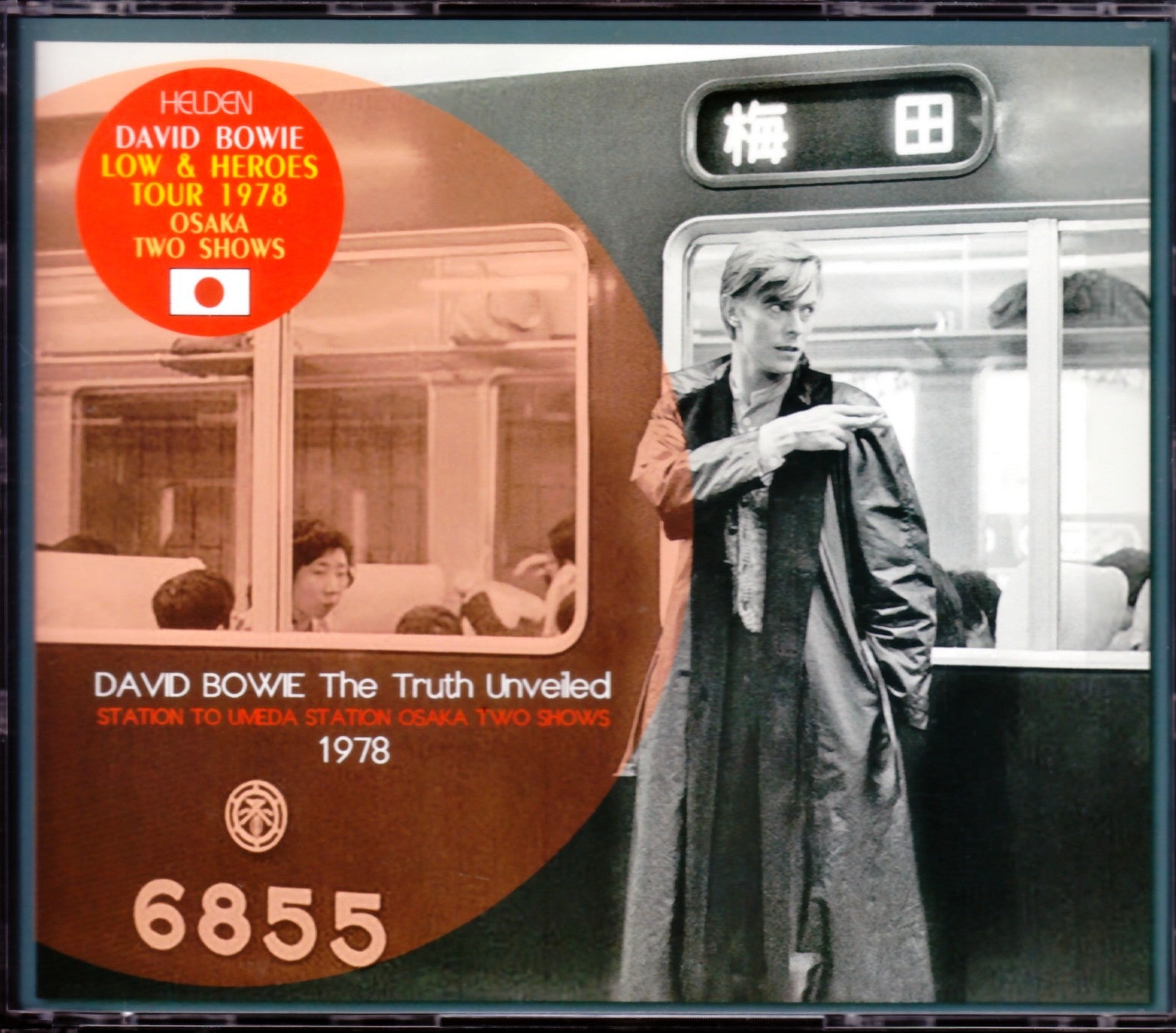
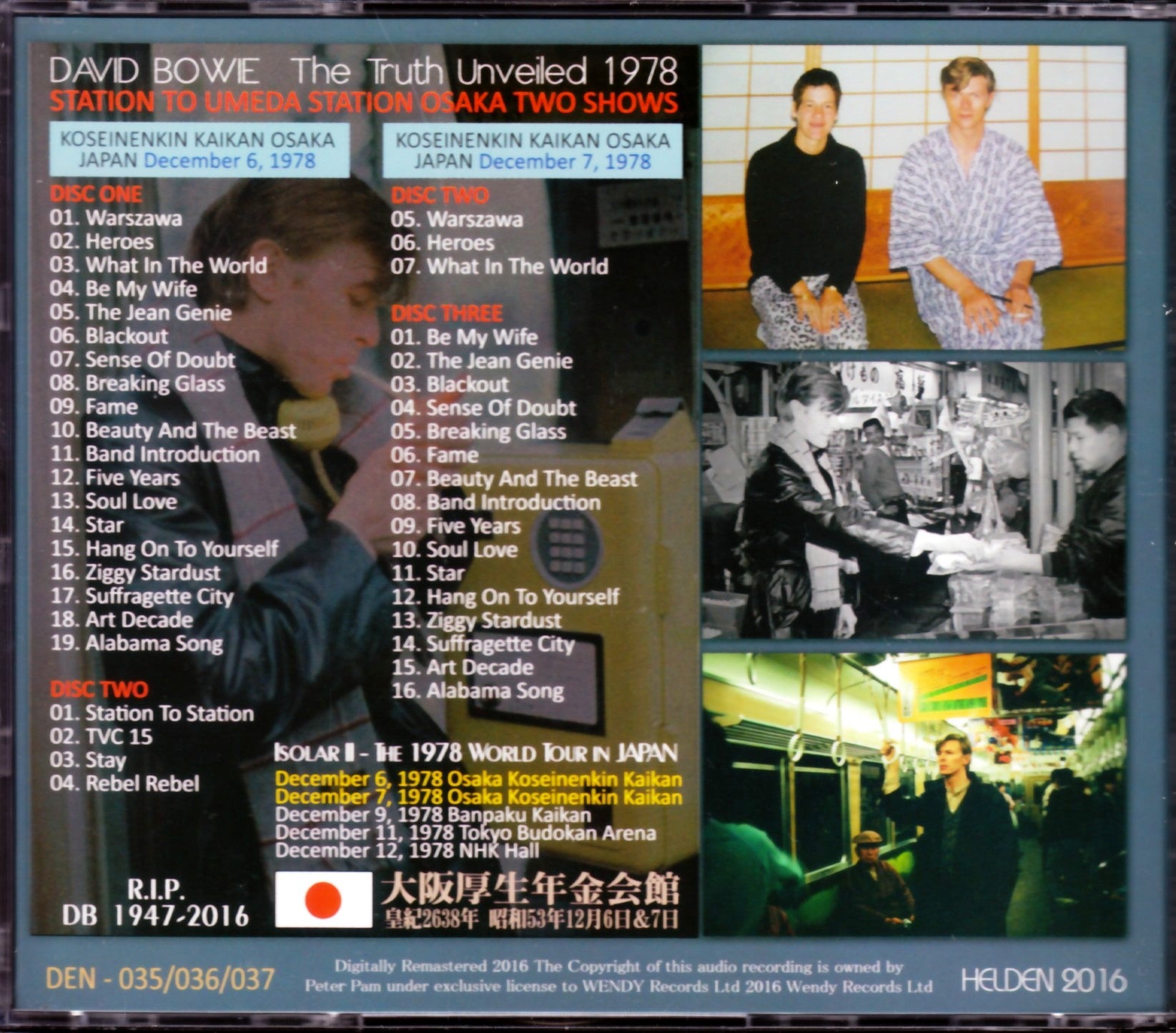

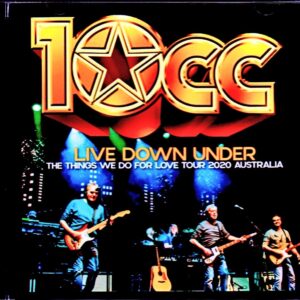
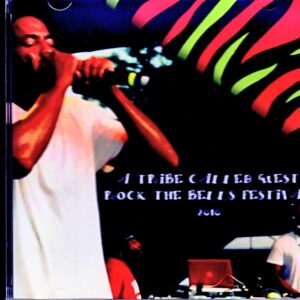
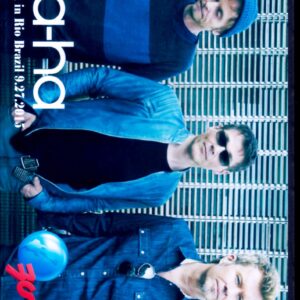
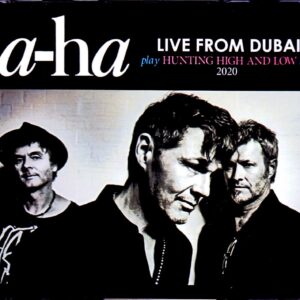
Reviews
There are no reviews yet.